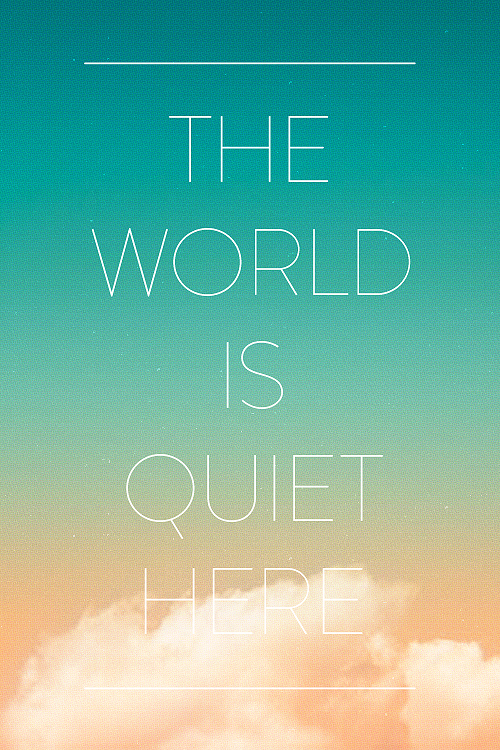“Wait,” I whispered. “What?”
The secret scene after a Marvel movie. Familiar enough. I take you, then, to the theater I recently shared with a few dozen others watching X-Men: Days of Future Past (perfect, highly recommend). And more specifically, I take you to the end-credits scene, and to the comic book-born figure who was finally getting his close-up on the big screen. However, for the moment, his presence was lost on us. So I bring you to another familiar thought related to Marvel end-credits scenes: Who is this guy?
I had a wavering suspicion, but I wasn’t confident enough to say it out loud.
“Who is that?” my sister leaned over and asked.
“He seems too skinny,” I whispered feverishly to myself before panicking with a louder-than-preferred, “I don’t know!”
“We’ll google it,” she resolved, quiet purpose in her voice.
I inwardly groaned and chastised myself for my ignorance. But my small whine of failure was nothing compared to the woman at the back of the theater.
“AUGH!” she screamed. And I do mean screamed. “WHY DON’T I KNOW HIS NAME! WHY DON’T I KNOW HIS NAME!”
The struggle is real.

By the way, though I can hardly take credit for it since I lacked the moral strength to own my conviction, my original suspicion of the character’s identity was correct thanks goodbye
This is one of the reasons I adore Marvel movies so much. The right kind of people go to see them. The ratio of people who are desperate to see these movies to people who come along begrudgingly is far weightier on the side of the first, and certainly far better than many other movies I see in the theaters. You can hear the passion in the crowd – everyone either loves the Marvel cinematic universe, the comics universe, or both. Either way, there is a lot of passion packed into that crowd.
I find that the comic book fans tend to accompany the cinematic fans. It makes the experience more interactive. They always sit together, and you can tell which is which, because at any given moment, the two are looking at each other like this:

It’s not only this way with Marvel movies, but with nearly any well-done (or otherwise) book-to-movie adaption. When you know how the story is vs. how it ought to be, it’s hard to keep quiet.
And after the credits roll, specifically with Marvel’s deliciously ambiguous after-credit scenes, everyone turns to the reader to interpret. Not always so much because they’re confused, but because the reader is having a fit in the aisles, waving their arms, going,

Whether the adaption was done well or not, a reader is always a mess after a movie.
Exhibit A: Did you see the internet after the first installment of the Hobbit came out? People were rioting in the [virtual] streets.
Exhibit B: What about after Catching Fire? Parades. Balloons.
Exhibit C: Percy Jackson. (You just started weeping, didn’t you?)
I read Hunger Games before I saw it, so I have that reader’s perspective – and yet I am baffled to no end about how angry people are that Madge was left out. This minor character, who had her name mentioned maybe three and a half times, became the freaking Mockingjay to the readers’ cause.
See, when someone loves something, and someone else comes along and rearranges it, it’s not hard to understand that there would be emotional upset. I think what irks us the most, though, is that it becomes canon. Obviously, it doesn’t change original, proper canon, but in this grand, cinematic universe, we have to accept something other than what is familiar.
And that’s not fair. Every feeling rebels against that sort of change, and rightfully so.
This passion for the story, whether fury over a change, or outright joy over a film’s faithfulness, is what makes readers such an adventure to catch a movie with. Alternately, the reader will always need someone less involved in the story to explain things to. It’s a beautiful, symbiotic relationship that everyone should experience.

10/10, highly recommend.
I suppose all this is to say that when a reader invites you to go see The Fault in Our Stars this week, say yes.
They need you.











![[link to this lady's blog] wasp_](https://justblanktobehere.files.wordpress.com/2014/01/wasp_1.png?w=259&h=303)

